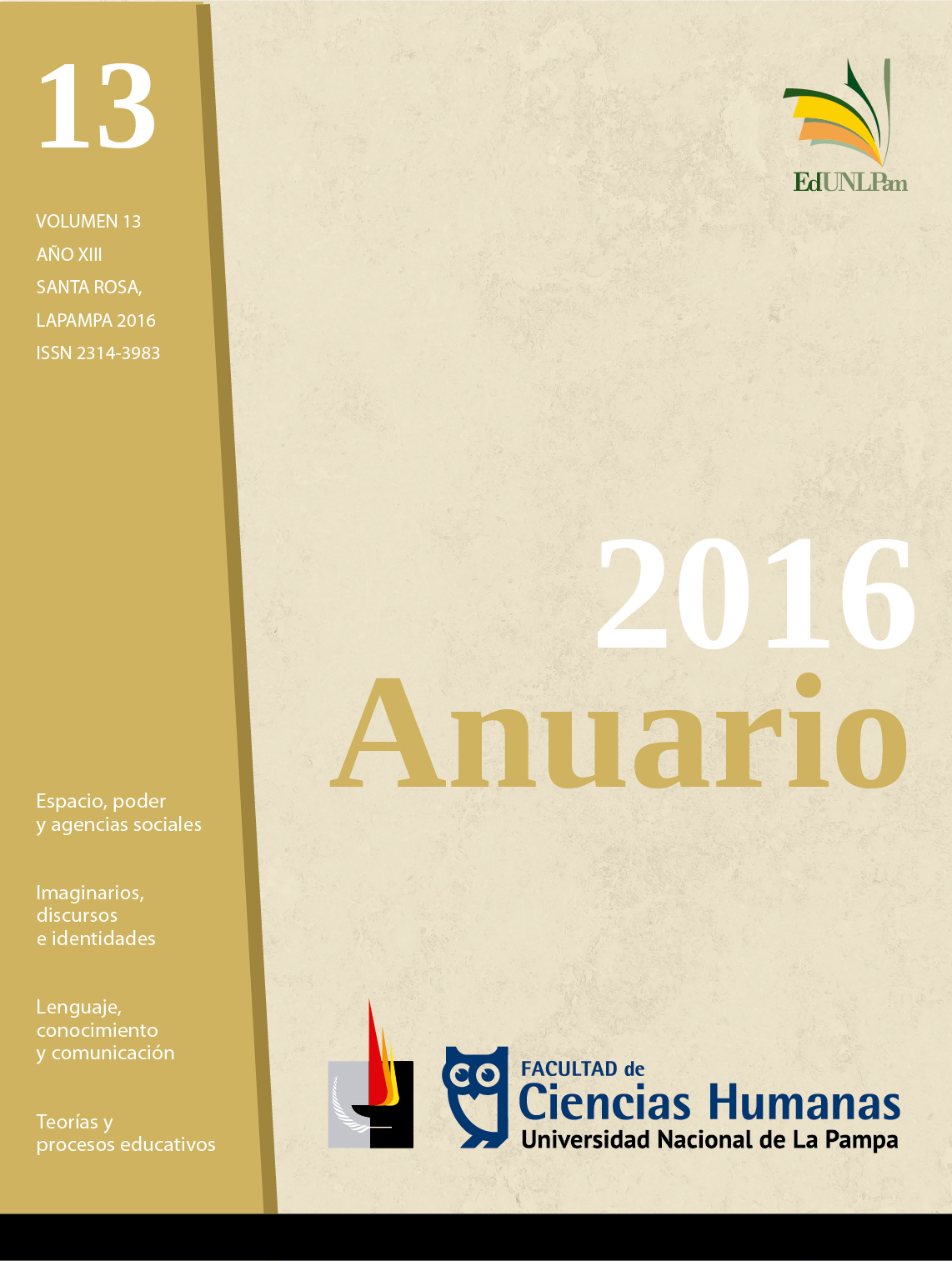The alignments of central arguments in transitive and mono-transitive clauses in Mapudungun
Keywords:
Mapudungun, functionalism, direct system, inverse system, alignmentsAbstract
The alignments of central arguments in intransitive and mono-transitive clauses in Mapudungun – language spoken in the southern regions of Argentina and Chile – have been previously studied by Díaz-Fernández (2006) and Zúñiga (2006). Their analysis led to different conclusions: the former concludes that the language presents a nominative-accusative construction, while the latter concludes that the syntactic construction is neutral. From the linguistic data documented in Argentina among Mapuche speakers from La Pampa (Fernández Garay, 2002) and Chubut (Díaz-Fernández, 2003, 2006), and those registered in the Ninth Region of La Araucanía, Chile (Smeets, 2007), it is possible to conclude that, besides the alignments considered by the authors mentioned above, we can observe other alignments specifically detected when considering the personal markers observed in the inverse system that this Patagonic language exhibits.Downloads
Download data is not yet available.
Downloads
Published
2017-10-18
Issue
Section
Artículos
License
Autorizo la inclusión del artículo de mi autoría adjuntado en el presente envío en la publicación periódica Anuario de la Facultad de Ciencias Humanas. Nueva Época, y conservando los derechos de autoría, cedo y transfiero a la EdUNLPam todos mis derechos protegidos por las leyes de propiedad intelectual que rigen en Argentina, que implican la edición para publicar, imprimir, difundir y vender la obra en cualquier tipo de soportes -ya sean físicos, magnéticos y en redes digitales- en todo el mundo y durante todo el plazo legalmente previsto.
Acepto que no recibiré compensación monetaria alguna, pero a cambio estaré expresamente autorizado para la publicación o reimpresión del artículo en cualquier libro del cual sea autor o editor con la sola obligación de citar el artículo original publicado en Anuario de la Facultad de Ciencias Humanas. Nueva Época.






.png)





